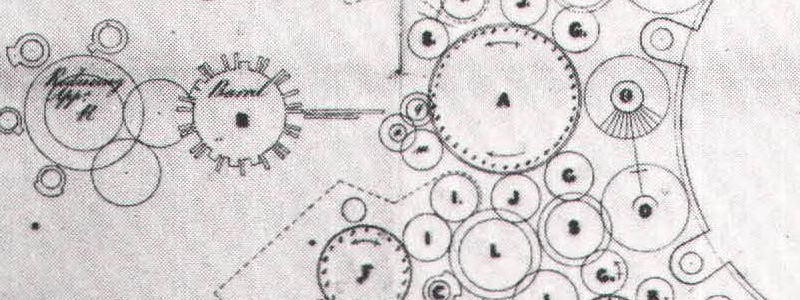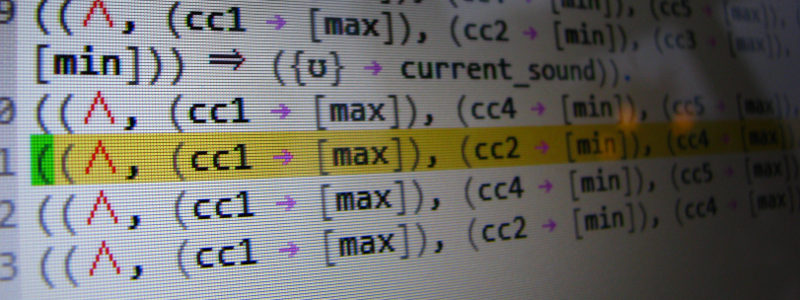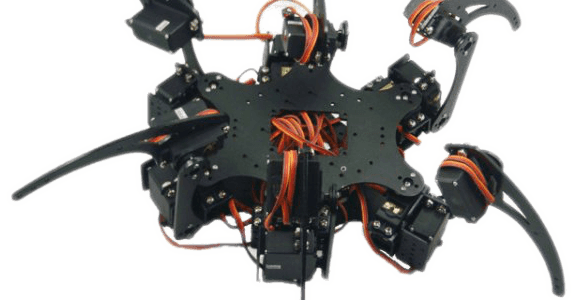Why NARS?
Written by Pavol Durisek- Details
-
Category: Uncategorised
-
Published: 08 October 2013
-
Hits: 10941
NARS is adaptive to its experience, and therefore is situated and embodied. Its beliefs summarize the system's experience (rather than describe the world as it is), and its concepts represent patterns in the experience (rather than denote the objects in the world). Its inference rules are valid, because each conclusion is supported by the evidence provided by the premises (rather than because they derive absolute truth from absolute truth). The system is relatively rational, because its conclusions are the best the system can find under the current knowledge and resources restriction (rather than because they are always absolutely correct or optimal).
Projects attempting to develop an intelligent system which could lead to a thinking machine or perhaps to an artificial brain with the human like capability are taking different approaches. While some have been trying to imitate the behavior of the brain, others the structure or functions, and some its fundamental principle(s), also either integrating different techniques or taking a unified approach. Is arguable which method is preferable for what reason. Even Alan Turing argued in one of his publication, that a free will and a behavior which for observers appears to be a free will is indistinguishable1. Same he said about the intelligence. He thought, a true intelligence or a system behaving as it has intelligence are equivalent at least it seems to be for an observer.
1He even proposed to model a free will (or the process of making a decision) by a random choice. This is how the process appears for an observer who are not able to predict the choice, but after it is made, able to logically explain.
So, any system providing similar results can be seen as equivalent. Choosing the right approach might still have advantage – to get there faster (in terms of development time).
Also worth to mention, that concentrating just on the most obvious aspects of intelligence could be misleading. There is much more things going on that we are not consciously aware of. We clearly need to find the most essential but complete set of principles in their simplest form regardless their actual (known) implementation.
“Most people take it for granted that the five senses (vision, audition, touch/pressure/pain, taste, and smell) provide all the fundamental information about the human environment that we need to survive in the world.
In reality we possess dozens of other types of sensors that monitor what is happening within and around us, some of them more critical than the five obvious ones. One of the most important of these is the stretch sensors in muscles that continually inform the central nervous system about the position and status of the body’s muscles, providing the feedback needed to maintain appropriate postures and perform successful motor acts. People who are blind or deaf get along reasonably well, but the absence of information arising from sensory receptors in muscles would be incompatible with life.”...
“Perception is defined as the conscious product of sensory processing, given to us as the qualities that we attribute back to objects and conditions in the world (the way things look, sound, feel, smell, and taste). This concept, however, is a very limited description of what is really occurring in the nervous system. Although we think in terms of vision, audition, bodily sensations, taste, and smell, we are oblivious to the output of many other sensory modalities; the information produced by sensory systems that monitor muscle length and tension that Hunt and Kuffler had studied, blood pressure, blood gas levels, and a host of other parameters critical to survival never enters our awareness.”
Dale Purves, Brains. How they Seems To Work




